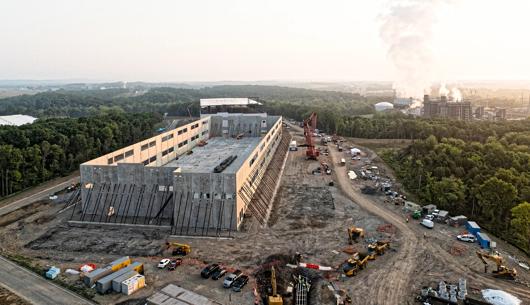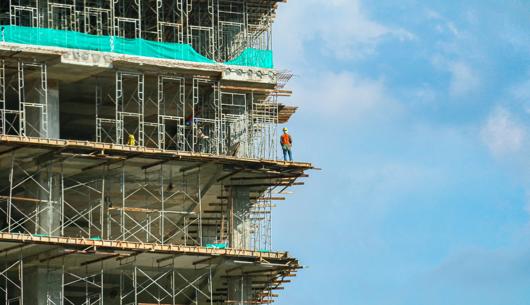This article was originally published here for Construction News in June 2022.
The Building Safety Act 2022 received Royal Assent on 28 April 2022 (“Act”). The government has described the reforms introduced by the Act as “the biggest changes to building safety regulation in a generation”. For once the hype is justified. This is the biggest change to the way that the construction industry operates, and indeed for anyone involved in planning and property management or ownership, since the introduction of the CDM Regulations in 1994.
Whilst the changes introduced by the Act are wide ranging, this article focuses on ‘building liability orders’, which are part of the measures designed to prevent the avoidance by contractors and developers of liability for building failures. In part, this has been considered necessary because it has become common practice in the construction industry for works to be carried out through a joint venture (“JV”) or special purpose vehicle (“SPV”), since following completion of the works, the JV or SPV can be wound up with little prospect of any legacy liabilities being attributed to group entities. Building liability orders are designed to change this.
What are building liability orders
A building liability order is an order of the High Court that will enable the “relevant liability” of a body corporate (referred to as the “original” body corporate) to be attributed to “associated” body corporates. This will be regardless of whether the original body corporate is active, dissolved or insolvent. In this context:
- “Relevant liability” means a liability arising under the Defective Premises Act 1972, s. 38 of the Building Act 1984 or as a result of a building safety risk, meaning a risk to the safety of people in or about a building arising from the spread of fire or structural failure.
- A body corporate is “associated” with another if one controls the other, or both are controlled by the same third party. For example, a liability could be imposed on a parent or sister company for any “relevant liability” of an active, dissolved or insolvent group company. In practice the scope may be wider, since the definition of “control” is wide, including not only actual possession of shares or voting rights, but also any entitlement to acquire possession. Further, a body corporate will be deemed to have control if it has the direct or indirect power to secure the affairs of another body corporate are conducted in accordance with the wishes of the controlling entity.
- An “associated” body corporate can only be the subject of a building control order if it is or was associated with the original body corporate in the period beginning with the commencement of the works in relation to which the “relevant liability” was incurred and ending with the making of the order.
- Whilst the scope of liabilities in relation to which a building liability order may be made have been prescribed, in what circumstances will a court consider it “just and equitable” to make a building liability order?
In relation to the second point, the phrase “just and equitable” has been considered by the court in the context of section 122(1)(g) of the Insolvency Act 1986, which provides the court with the discretion to order that a company enter winding up. In that context, the courts have determined it is wrong to create categories or headings under which cases must be brought if the clause is to apply, and that instead the court should have regard to the full factual matrix of each case.
It remains to be seen if the courts will apply the same approach in relation to building liability orders. Our initial view is that the courts will avoid prescribed defined circumstances in which it will be determined “just and equitable” to make a building liability order and will leave the issue to be determined on a case-by-case basis.
Uncertainty over risks
The uncertainty as to how building liability orders will work in practice means it is difficult at this stage to advise how the risks associated with such orders can be mitigated.
It is clear that the Act enables building liability orders to impose liability on bodies corporate only, and not individuals. It follows that to avoid the risk of liabilities being imposed intra-group, one option may be to use SPVs which are owned personally by individual shareholders outside the group structure. Whilst this may mitigate the risk presented by building liability orders, there will be commercial implications for:
- insurance, as any independent entity will need to be independently insured;
- preferred contractor status and framework contracts, which are generally entity specific; and
- taxation, as any distribution from an independent entity will have to be returned to the shareholders personally and subject to personal taxation and cannot be reinvested intra-group.
Before contractors rush to carry out group restructuring, the potential benefits of doing so should be reviewed by reference to:
- the substantive hurdles that any application for a building liability order will face given the extensive unknowns referred to above;
- the cost and evidential difficulties which potential applicants may face in seeking the grant of a building liability order; and
- the benefit of an applicant incurring the cost and time of applying for a building liability order if the subject entities have limited or no resources against which an order can be enforced.
Given building liability orders come into effect as law from 28 June 2022, contractors and developers operating within group structures need to start to consider the implications of and risks presented by introduction of building liability orders before it is too late.










































